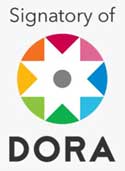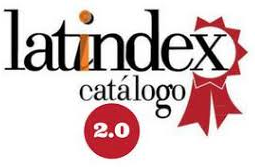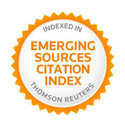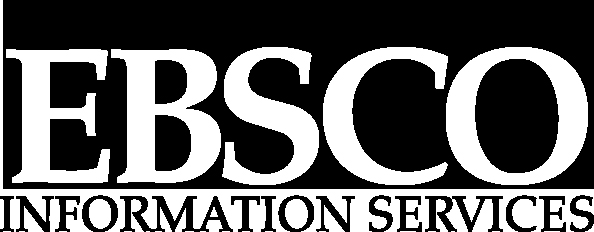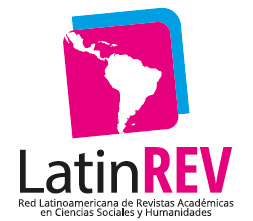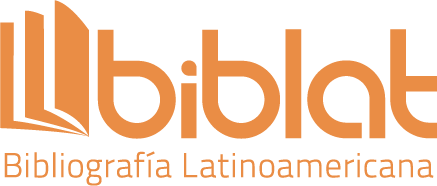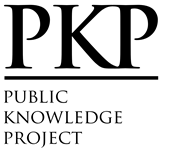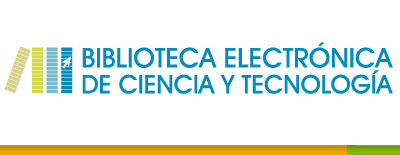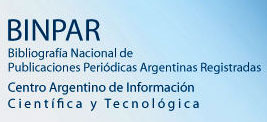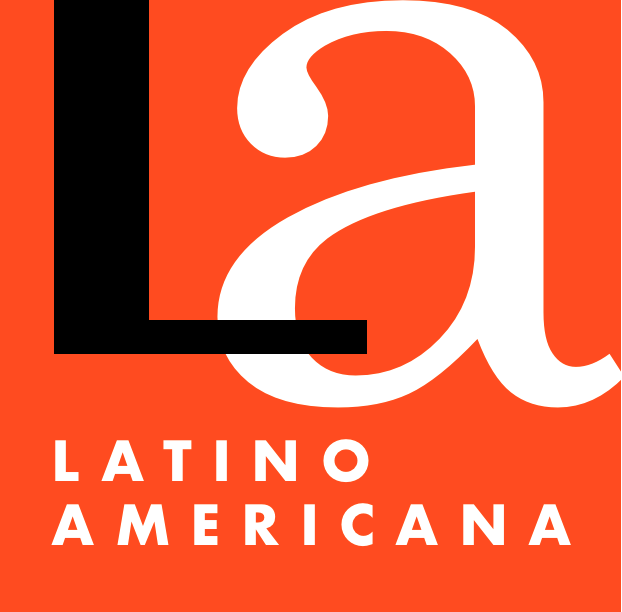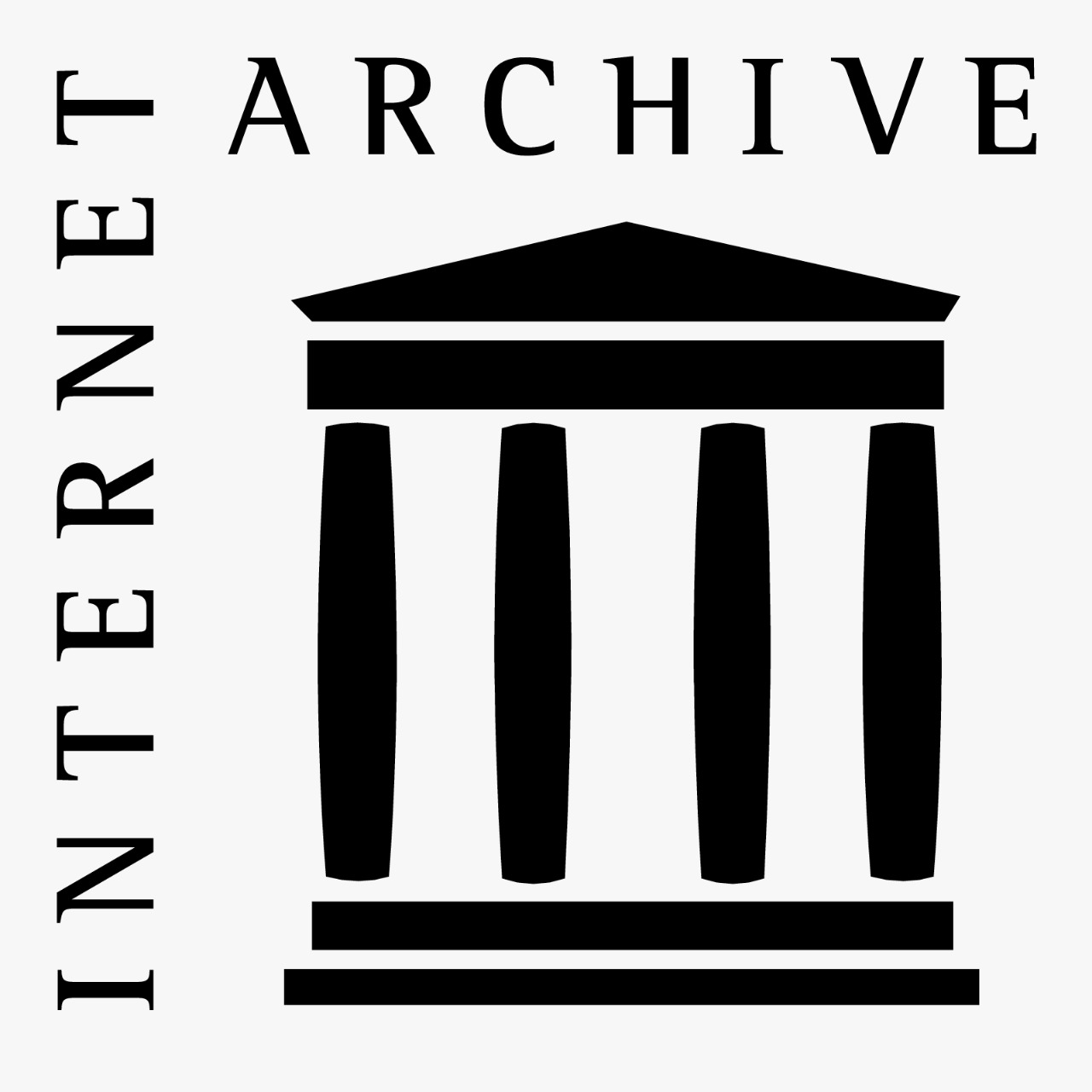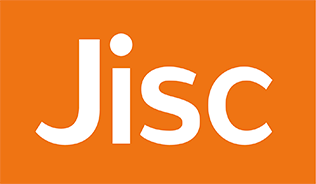Code of Ethics
Austral Comunicación adheres to the codes set out by the Committee on Publication Ethics (COPE) (https://publicationethics.org/core-practices), which cover ten points: allegations of misconduct, authorship and contributorship, complaints and appeals, conflicts of interest, data and reproducibility, ethical oversight, intellectual property, journal management, peer-review process, and post-publication discussions and corrections.
- Allegations of misconduct: encompasses both pre- and post-publication. The committee receives allegations via the journal’s email address (revistafc@austral.edu.ar), studies the matter, comes to a decision, and sends a written response.
- Authorship and contributorship: all people who participated in the original submission must sign a consent declaring that they have been notified of the journal’s deadlines, editorial processes, and publishing procedures. They must also commit to clarifying — at the outset, from the moment they send their submission — exactly who participated as an author or collaborator, in what order they should be credited, and how their institutional affiliation should be mentioned.
- Complaints and appeals: the committee receives complaints and appeals via the journal’s email address (revistafc@austral.edu.ar), studies the matter, comes to a decision, and sends a written response. The Board of Directors of the School of Communication is ultimately responsible.
- Conflicts of interest: involves every stage of the editorial process and all participants (authors, collaborators, peer reviewers, correctors, translators, layout designers, editors, and members of the Editorial Committee and the Advisory Board). An initial assessment considers both the participants and the Editorial Committee. If there is no conflict of interest, the author/s must certify this through the corresponding document.
- Data and reproducibility: first, the journal guarantees that its contents are published within the journal itself and its institutional repository. Second, the journal has authorized other scientific portals to reproduce its content. Third, the journal publishes its contents in academic social media outlets. The content and data in question may include whatever the authors have sent along with their submissions and that can be published in PDF or text format. In its digital edition, the journal may also publish audio and video content. The journal cannot store databases, dynamic tables, or other dynamic methods of visual information storage. Names and email addresses will be used only for the journal’s stated purposes and will not be made available for any other purpose or to any other person.
- Ethical oversight: documents presented for publication must be original works and its author/s must confirm the fact. The journal looks to avoid publishing any material already published elsewhere. This encompasses both plagiarism and self-plagiarism. Plagiarized texts will be rejected outright. In the case of self-plagiarism, if the repeated text is both minimal and necessary, then the author/s will be asked to reference the previously published text. In the case of an investigation involving vulnerable people or confidential information, a footnote to the original text must mention the need to protect the identity of the people involved.
- Intellectual property: Austral Comunicación is published under the Creative Commons CC BY-NC-SA license. This allows its contents to be shared (by copying and redistributing them in any medium or format) and adapted (by remixing, transforming, or rebuilding them) under the following terms: authorial attribution (author/s must be cited) and non-commercial use (material cannot be used for commercial aims). The journal does not charge for the publication or distribution of published material.
- Journal management: the management platform for the entire process is the Open Journal System: https://ojs.austral.edu.ar/index.php/australcomunicacion/about/aboutThisPublishingSystem. To see all tasks and responsibilities by role or position, consult the relevant infographic in the link. For more about the editorial process, consult the Public Knowledge Project platform (https://docs.pkp.sfu.ca/learning-ojs/en/editorial-workflow). Editors adhere to the codes and guidelines set out by the Committee on Publication Ethics (COPE): https://publicationethics.org/files/Code_of_conduct_for_journal_editors_Mar11.pdf.
- Peer-review process: submissions undergo a double-blind peer review process, with a public form. The Editorial Committee calls on reviewers who are knowledgeable and experienced in peer reviewing. The process is non-remunerative and certified. The Editorial Committee seeks to provide reviewers with all the training and guidance they need to use its platform. The journal adheres to the peer review guidelines set out by the COPE: https://publicationethics.org/files/Ethical_Guidelines_For_Peer_Reviewers.pdf.
- Post-publication discussions and corrections: the journal has a social media presence for post-publication discussions, both on Twitter (https://twitter.com/revaustralcom) and Facebook (https://www.facebook.com/RevistaAustralComunicacion/). In addition, it has a profile on Academia.edu, where every issue is uploaded (https://austral.academia.edu/RevistaAustralComunicaci%C3%B3n). And it is also open to discussions on PubPeer (https://pubpeer.com/). Finally, the journal has an email address where it can receive comments, criticisms, and corrections. The Editorial Committee will attempt to make any necessary amends as soon as possible.



